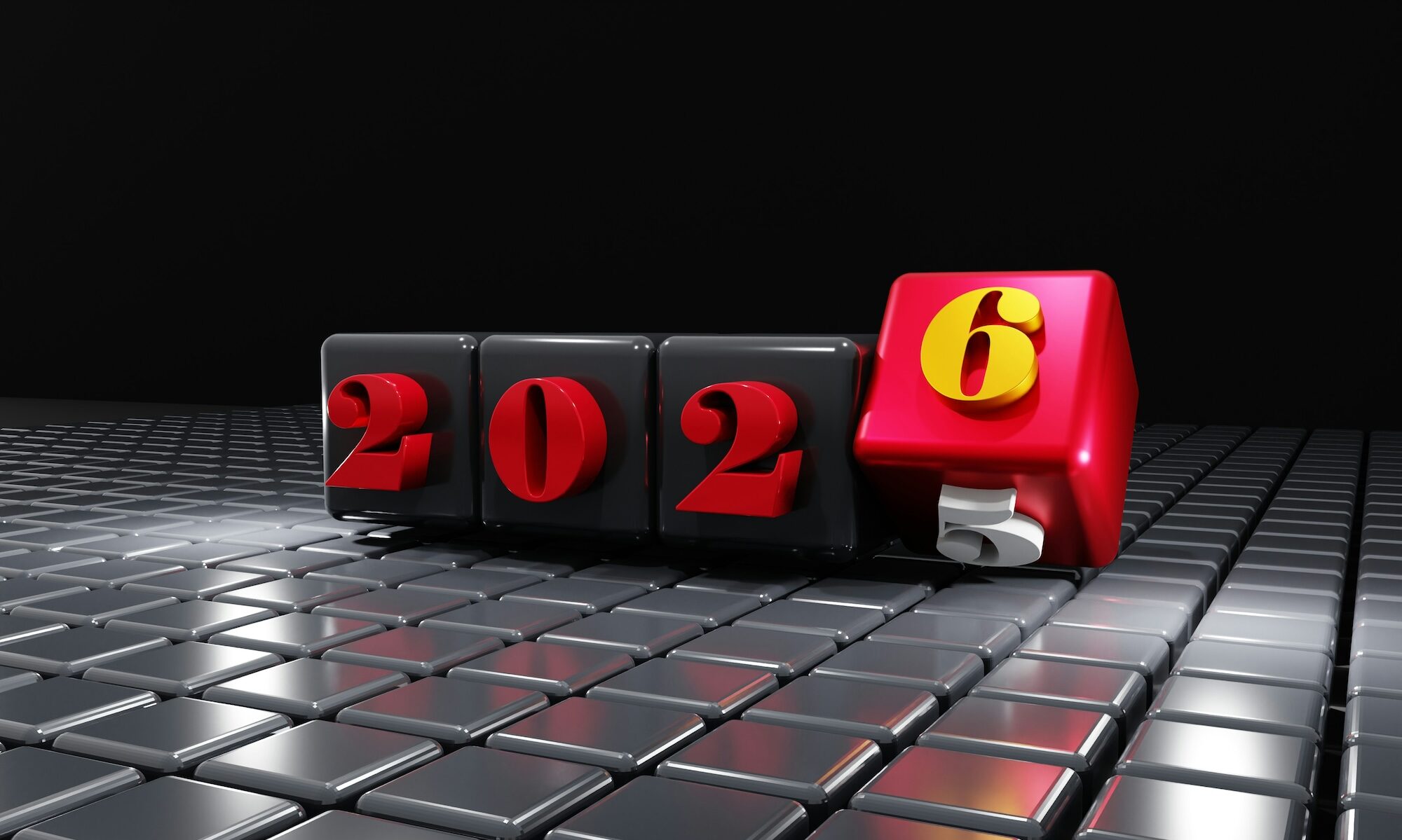While I’m going out on a bit of a blogging limb here, my guess is that every enthusiastic, active blogger has about 37 different ideas they’re pondering in their head all at the same time. Some develop into immediate posts; others take weeks, months, even sometimes years to formulate into a semi-coherent opinion. (I think my current number stands at 38.)
Hence, for over a year, I’ve been pondering the following post. I’m still not quite finished in its formulation, but it seems there’s a deep truth here — a truth I stumbled upon with a long time friend many months ago. Together we questioned the state of society — the good, bad, ugly, and all that’s in between. It was a great time… so authentic, such a give-and-take with many angles to learn and digest from… excellent, varied perspective… with both of us seeking something better than what we too often witness.
We seek solution… peace… and a “win-win” (Covey Habit #4, by the way).
But in our conversation that fall, we soon stumbled upon a proverbial thorn — far more than a thorn, actually. We identified one aspect among us that is challenging. It always seems to be the one thing actively attempting to pierce any progress. It is an unmistakeable impediment to solution. We identified “the extremist” as a significant, societal problem.
The challenge today immediately evolves, no less, to who “the extremist” actually is…
Who is this?
Who is “the extremist”?
And therein lies the challenge.
The challenge is that without a doubt, “the extremist” exists on both the proverbial left and right. However, we tend to minimize the one who, while potentially “extreme,” shares our bottom line opinion; in other words, we are far more graceful to the likeminded — especially, since we like the way they vote — and don’t want to disrupt that.
And so for my friend and me, we found ourselves in search of a better question. Instead of “who actually is this,” we settled on the better question of what do these pejorative persons most have in common; what are the characteristics that identify “the extremist”?
In total transparency, we never settled on a complete, concise list. I think our conversation will continue. But the below is what we pondered then — and continue to ponder now. How relevant are the following 15 characteristics? Is this what we see too frequently in “the extremist”?
- An unwillingness to listen
- An unwillingness to admit any wrongdoing or wrongful thinking
- An inability to communicate with unlike others
- An inability to argue calmly
- Anger
- Arrogance and condescension
- An attempt to instill fear in others
- A lack of consistent logic
- Scornful of compromise
- A refusal to change
- No admittance of hypocrisy
- Utilization of stereotypes or entire people group designations
- Provocation and derived pleasure from provocation
- The end justifying the means
- And complete blame of the “other” side
If we could find a way to effectively and respectfully wrestle with “the extremist” — even if he/she is among our own likeminded — then perhaps we could find more solution and peace… actually making it a win-win… and building those necessary bridges to so-called “other” sides.
Respectfully…
AR


AR,
Thank you for your thoughts and perspective. I particularly was intrigued by number 7, FEAR.
It seems like more and more in this country our political discourse has been dominated by fear. We have been told to fear our freedoms being taken. We have been told to fear our values being discarded. We have been told to fear: black, white, LGBTQ, homophobia, Muslim, Christian, and much more.
I first noticed the pervasive fear in our nation a few years ago during the discussion of gun control and the second amendment. I have my own views on the matter but what disturbed me was the blatant use of fear on both sides to herd the massed towards their point of view. One the one hand was fear of all the people with deadly assault weapons that were unchecked and unregulated. On the other hand was the fear that any restrictions on any guns would result in the total disarmament of the American populous.
What led to our shift in dialogue? When were words of reason, hope, philosophy, and patriotism traded in for fear bating? Was it social media, or the lack of a common cause after the cold war? Or was it the ever complex and nameless threat of terrorism?
I do not know where it started but I do feel that our country is in trouble. And it’s not in trouble because Trump is president, or because the republicans have the House and Senate. It’s not in trouble because democrats want to open our borders more or reduce our military or pass stricter gun control legislation. It is in trouble because it’s citizens are allowing themselves to be herded by fear.
My hope is that in someway, somehow; hope, love, vision, and respect will slowly creep back into our national discourse. I know that I for one, will allow it to start with me.
Excellent thought… allowing it to “start with me.”
What are we to do when a person who embodies all of these 15 characteristics is the POTUS?